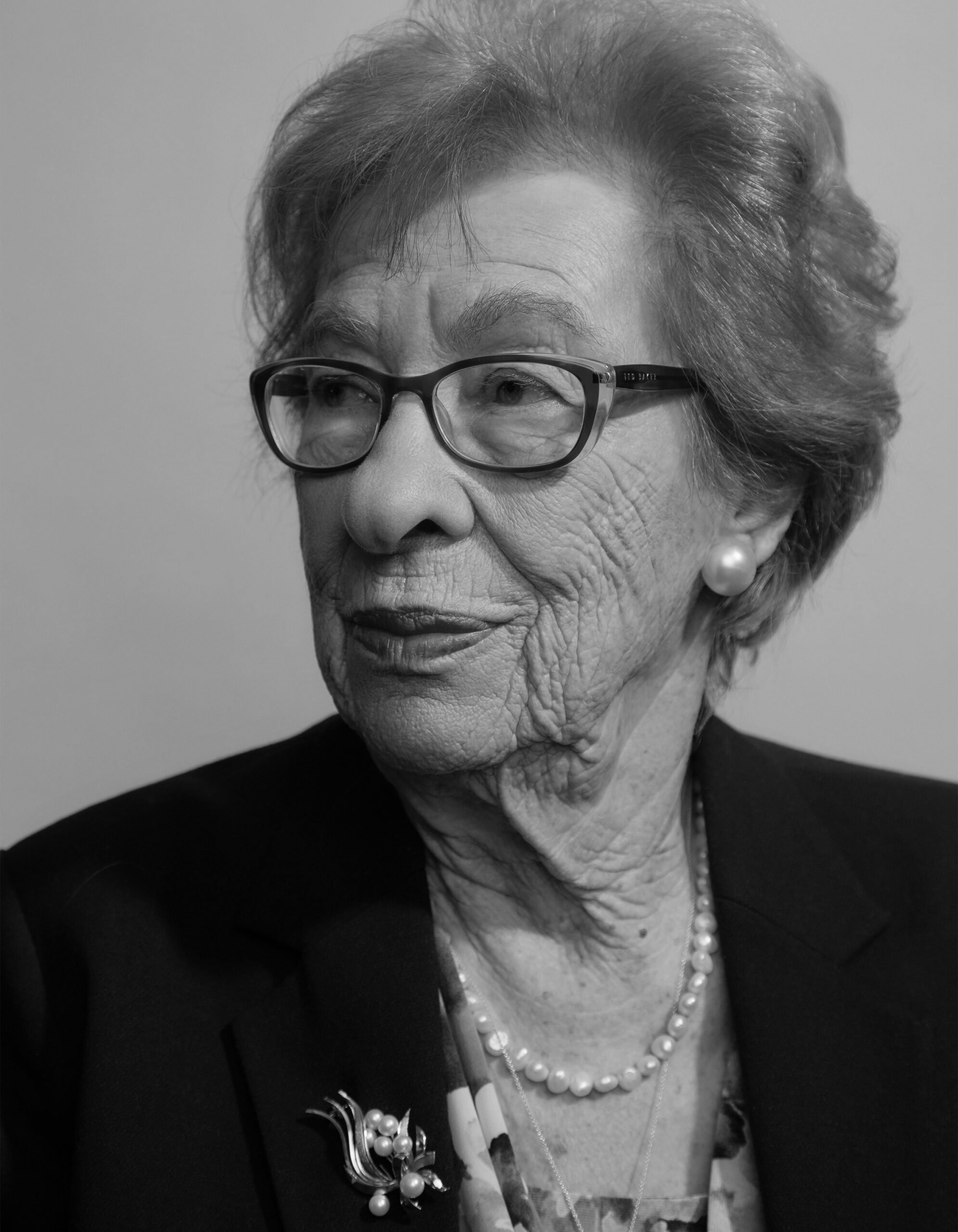What if Today Were Your Last Day to Invest in Your Daughter?
Michelle Watson
I’m at the age where attending funerals is becoming more commonplace. And truly, there’s nothing like an end of life celebration to bring everything into perspective.
I still recall attending a funeral for a dear friend’s husband where there was hardly a dry eye in the place as one of their sons shared stories about what his dad had meant to him.
While choking back tears, he said, “I think everyone here could say, I want more of my dad.”
His words hung in the air. He ended by saying that he was one of the lucky ones to have had an invested dad.
As I reflect back on the years of interacting with girls and young women, a consistent theme I hear from them can be summed up in those same six words, “I want more of my dad.”
Stated otherwise, I’ve never heard one of them say she had “too much” of her dad---too much time, too much attention, too much love, too much affirmation, too much laughter, too much interacting, too much talking, too much connecting, too much validating...you get the point.
This brings to mind the harrowing survival story I heard awhile back of Holocaust survivor, Eva Schloss, who was Anne Frank’s stepsister. She, her brother, and her parents had been taken as prisoners by the Nazis to the Polish death camps of Auschwitz and Birkenau during World War II.
I was deeply moved by one particular story she shared when miraculously reconnected with her father after he had been granted permission to find her in an adjacent camp. Since they were in two different concentration camps, he had no idea that she had just resigned herself to death, was severely depressed, and had been crying much of the time. Yet upon seeing him she said that she felt revived.
In her own words, Eva describes their reunion:
“His eyes were full of an immense love for me. I threw myself into his arms and felt his warmth and strength flow into me and pull me back to life. I sobbed uncontrollably while he held me close to him as if he would never let me go. He must have felt as happy as I did, to have his little daughter in his arms once more.
He told me to be brave and not to give up…We exchanged looks of such yearning and love that I still see his face like this in my dreams.”
Eva and her mother barely made it out of the war alive. Her brother and father did not.
Yet here she was, at 90 years old, and her dad’s love was still with her---a love that carried her through severe suffering, starvation, torture, assault, resettlement, and later, re-engagement with life.
I talked with Eva after her presentation and told her about my work with dads of daughters. If I ever meet her again, I will definitely ask her more about her “Pappy” because from everything I could tell, she was still her daddy’s girl.
Dad, I share these stories with you today in the hope that your heart will be stirred. And not just stirred to experience emotion, but stirred to action. After all, it was God who said that it is the hearts of fathers that must turn toward their children, not their heads (Malachi 4:6).
I want your heart to be stirred to engage your daughter’s heart today as you realize that any day could be your last. And any day could be her last.
Your intentional investment today will leave a powerful, beautiful legacy for her. And your intentional investment today will leave a lasting, loving legacy in her.
Make this day a day where your daughter enthusiastically and confidently shouts, “I did have enough of my Dad today!”


















